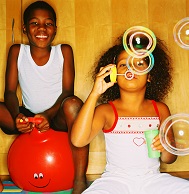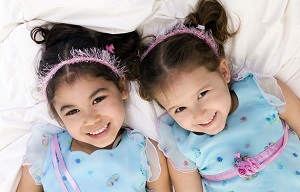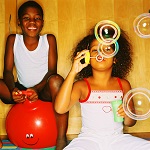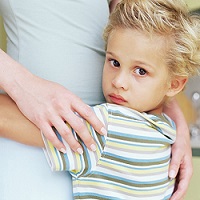According to psychoanalyst, Alfred Adler, our birth order can predict our personality to some extent. Adler’s theories date back to the early 1900s and are considered to be credible. Dr. Kevin Leman also wrote books and researched the topic of birth order.
 After interviewing my own family members and listening to their answers on birth order, I wanted to compare their answers to the research suggested. My oldest daughter Jessica, stated that as a first born, she enjoyed being the first granddaughter born on my side of the family. Jessica felt very loved and supported by parents and relatives. Jessica wished at times, that she had older siblings to learn from because she felt she had to do everything first. Jessica felt a need to figure things out on her own without the guidance of an older sibling. Jessica had high expectations for herself and she claims she is very hard on herself in many respects. Jessica enjoyed her childhood years because her parents played with her and took her on many vacations.
After interviewing my own family members and listening to their answers on birth order, I wanted to compare their answers to the research suggested. My oldest daughter Jessica, stated that as a first born, she enjoyed being the first granddaughter born on my side of the family. Jessica felt very loved and supported by parents and relatives. Jessica wished at times, that she had older siblings to learn from because she felt she had to do everything first. Jessica felt a need to figure things out on her own without the guidance of an older sibling. Jessica had high expectations for herself and she claims she is very hard on herself in many respects. Jessica enjoyed her childhood years because her parents played with her and took her on many vacations.
According to the research on first borns, they are considered to be:
- Natural born leaders
- Over achievers
- Center of attention
- Can be perfectionists
- They feel pressure to be the best
- They have higher IQs than younger siblings
- May be the favorites in the family
- Highly self critical
- Tend to be risk-averse
- Many presidents and CEOs are first borns
As a middle child within my family, I felt a need to share and be very social at an early age. I had an older sister whom I modeled after. I had a need to find my own way and be successful in my life. I also became a “big sister” to my youngest brother, along with my older sister, and played and cared for him. I had numerous arguments with my other brother, who was also considered a middle child since there were four of us. We became closer when my sister left for college and throughout the rest of our lives. I am a peace-maker and mediator, but at times I felt left out. According to research of middle children, they are considered to be:
- Peace-makers
- Mediators
- People pleasers
- Good listeners
- More secretive
- May feel isolated within their own families
- Very loyal
- Hard workers
- Create a different identity from older and younger siblings
The youngest child I interviewed, was my niece, husband, and brother and sister-in-law. All of them talked about being spoiled and received a lot of attention from their parents or siblings. They all discussed feeling a closeness to their mothers. They described growing up faster then they should have due to older siblings’ influences, i.e. drugs, dating, sex, conversations. Sometimes they stated that their siblings felt jealous of them. In some situations, their siblings were much older than them and left home so they felt like an only child. According to the research, the youngest child often times have the following qualities:
 More playful
More playful- Had to fight for attention
- Developed a sense of humor(actors and comedians are usually youngest children)
- Higher risk takers
- More protected
- Felt indestructible
- Lacked some confidence
- Creative
- Great problem solvers
- Feel a need to “dethrone” the first born
After interviewing an only child who had no siblings, we discussed that he felt lonely at times without siblings. His friends were very important to him, and became what some would call, “surrogate siblings.” He grew up having many adult like conversations with family members and his parents. He learned to be articulate, a leader, but also a risk taker. He had a great imagination, due to the lack of siblings to play with. There are times he has difficulty with criticism. He stated that being an only child put a lot of pressure on him to be very good at everything he attempted. Characteristics of only children:
- They can be leaders in the community
- They have the best of both, the oldest sibling characteristics as well as the youngest
- Risk takers
- Overly protected
- Center of attention, from parents
- Greatest risk for obesity, because food was a form of love
Think about your own family situation and how birth order relates to you, personally. Let me know what you think about this article and if these characteristics apply to you on my Facebook page.

















